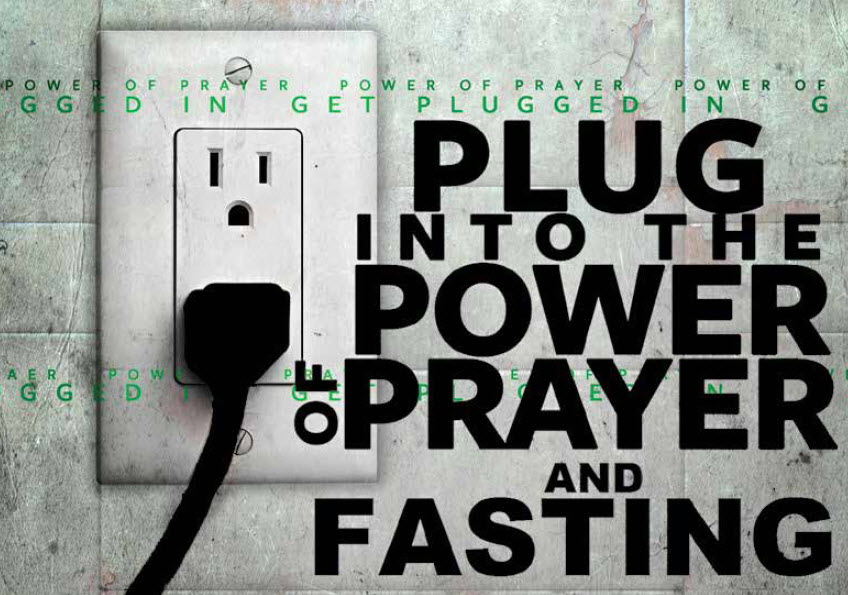Starve, Mute, Loathe
 By: Rosemary Dewar
By: Rosemary Dewar
In a culture full of every manner of distraction, you can lose the ability to recognize something that can bring you life. The habit of constant consumption can be both a blessing and a curse. Everything you could possibly desire is at your fingertips, but does that make finding what you may need any easier? Finding a quiet place to clear your head is not easy when your own mind is the loud one you can’t seem to shut off. One more aspirin, one more bite, one more video, one more scroll is what can keep you from a quiet, still, mind.
The attempt to diagnose your state of being is similar to how you attempt to diagnose another physical ailment. If you have a headache, you take an aspirin. If you have an itch, you apply a cream. If you’re hungry, you eat something. Should anything you use have an adverse reaction that causes you discomfort, you stop using it. The same should be considered for what we chose to consume for the sake of feeling full, but not actually good.

Sometimes you need to purge specific things in order to detect what you need to let go. The point of practicing this is to fundamentally eliminate sources that directly feed the noise. There comes a point where what takes up your time becomes a net-negative investment in your life. You need to be able to detect those particular things, and plan to wean yourself off them effectively. If you don’t, your experience may force you abruptly, maiming you in the process, or it can eliminate you before you can eliminate it.
Over a decade ago, the memoir Eat, Pray, Love filled the ether for those who welcomed a journey to rediscover spirituality through an experience excursion. It is an experience that teaches you to feed your stomach, soul, and heart without neglecting any of the three. That can work for those who have let themselves become numb to nourishment. However, if you are experiencing gluttony and overstimulation, you may want to consider the “Starve, Mute, Loathe” approach.
Starving or muting your impulses allows you to reason clearly. Fasting and prayer is often misinterpreted as instruments for moving God’s hand toward your desires. It is the exact opposite. Prayer is not for God; prayer is for you, in order to realign you. Fasting is a practice to teach you to ignore your least important urges. Biblical accounts show that relief did come after fasting and praying; and an answer was revealed. The person was able to come to a place of stillness where he or she could reason and take direction. Some may choose to fast from food, or their iPhone, or alcohol, or whatever. If something causes you to be “life-deaf,” you need to try limiting it until you can hear yourself reason through a situation.
Once you have isolated the offenders of your focus, they either need to be managed or rejected. Your peace depends on it. Similar to avoiding something you may be allergic to, you have to resist it as though you loathe that stimulant because of the reaction you know you’ll experience.
In Judaism, twenty-five hours are dedicated to God starting every Friday night. You are commanded to stop working and interacting with your environment the way you do during the week. Their holiest day, Yom Kippur, is the most introspective day where you judge yourself. Catholics observe the season of Lent between Ash Wednesday and Resurrection Sunday for forty days of fasting. Many other religions have their observances of fasting. Our current culture has adapted this into Unplugged Weekends, digital detox months, sensory deprivation tanks. However you manage to reorient yourself, do it, and your mind will ‘thank you.’
Those who feel completely overwhelmed by their surroundings ought to prioritize a way to starve what feeds their distractions, mute what clouds their perception, and learn to loathe what will hold them hostage to a state of disorientation.
By: Rosemary Dewar